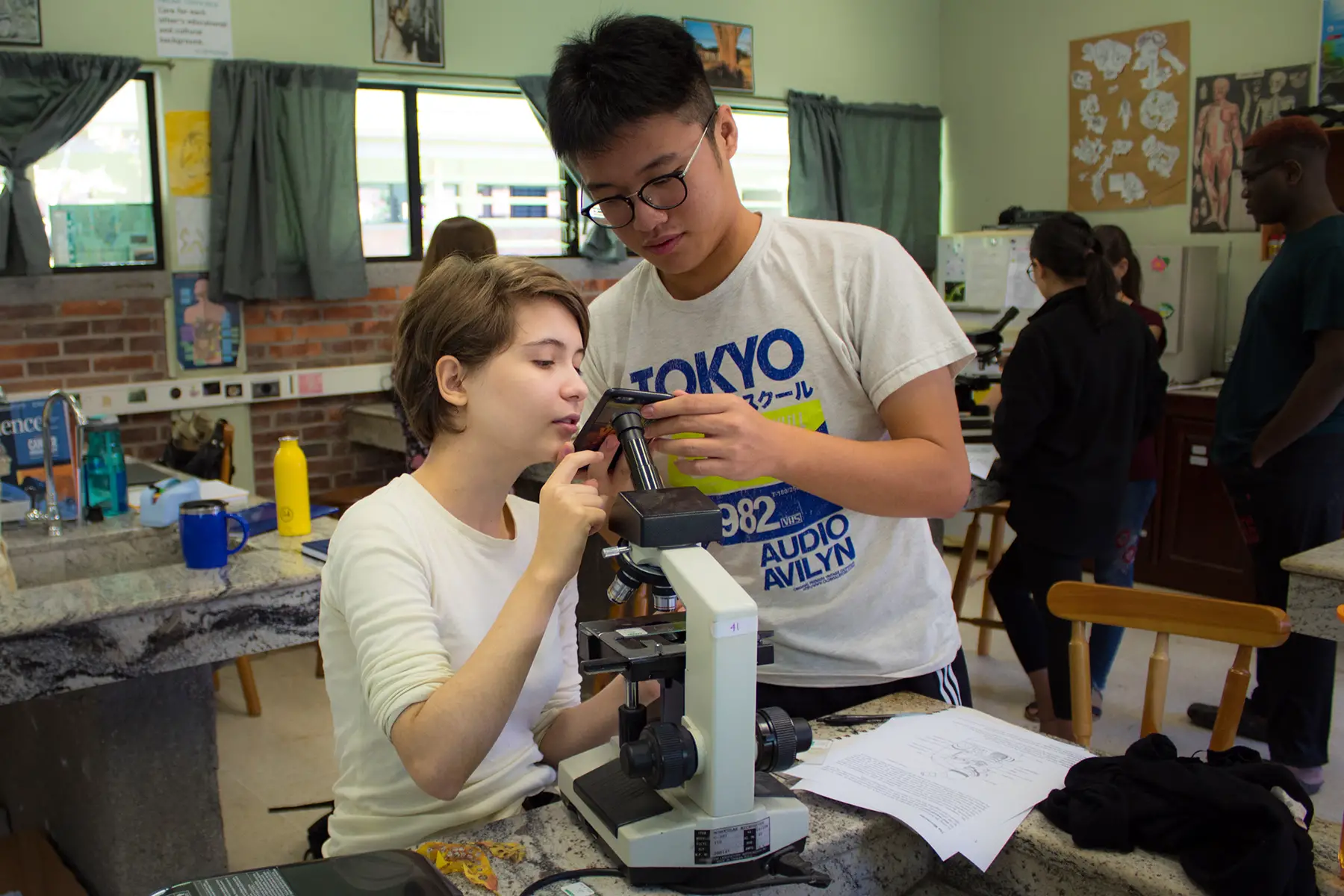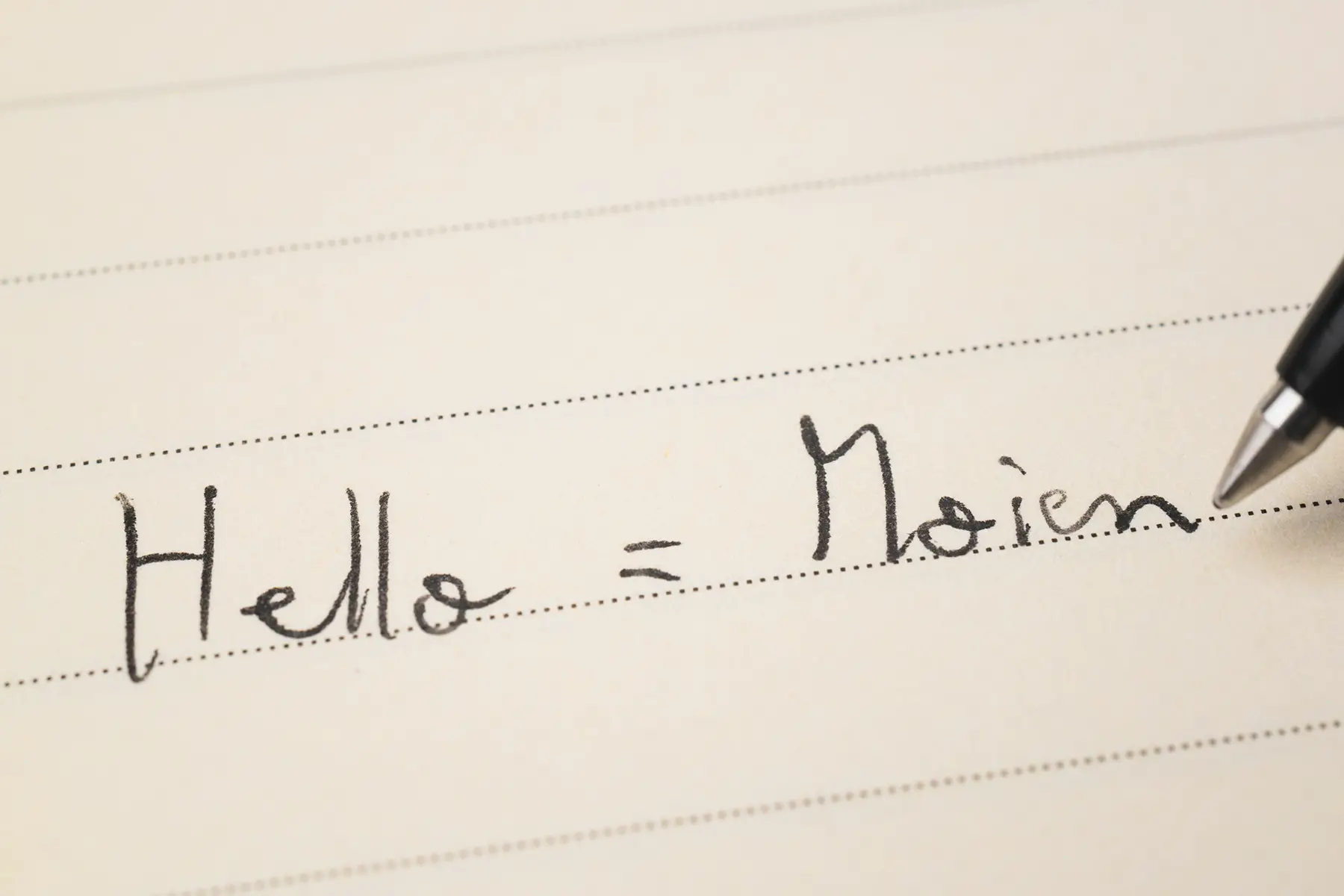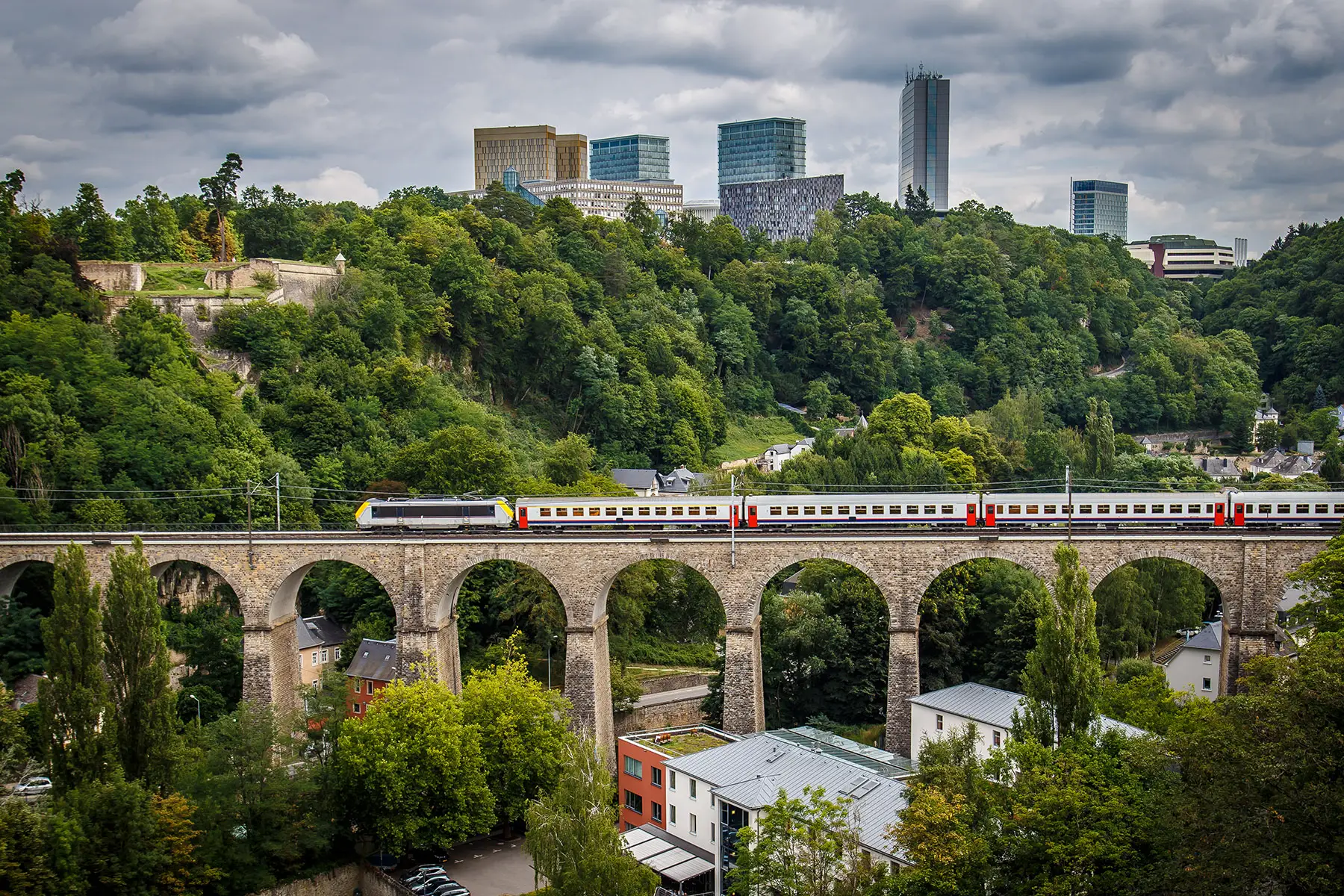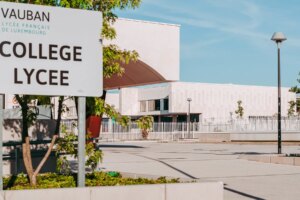Expats have a lot to manage when moving to Luxembourg. There may be visas to get, homes to find, cultural nuances to navigate, and new places to explore. But for international families, there’s an additional consideration – finding the best education for the kids.
While there are many high-quality public schools, there are several private and international schools in Luxembourg. Learn what international schools are available and what they offer through the following topics:
- The Luxembourgish education system
- International schools in Luxembourg
- Types of international schools in Luxembourg
- Should you send your child to an international school in Luxembourg?
- How to choose an international school
- Financial aid and scholarships for international schools in Luxembourg
- Useful resources
The Luxembourgish education system
Like most countries, Luxembourg’s education system features both public and private schools. However, some private schools in Luxembourg receive government funds.
Expat parents have a wide range of options, including international schools. Whether or not they send their children to a state school, their kids will receive a multilingual education, as most schools in the country offer a blend of the official languages (French, German, and Luxembourgish) and English.
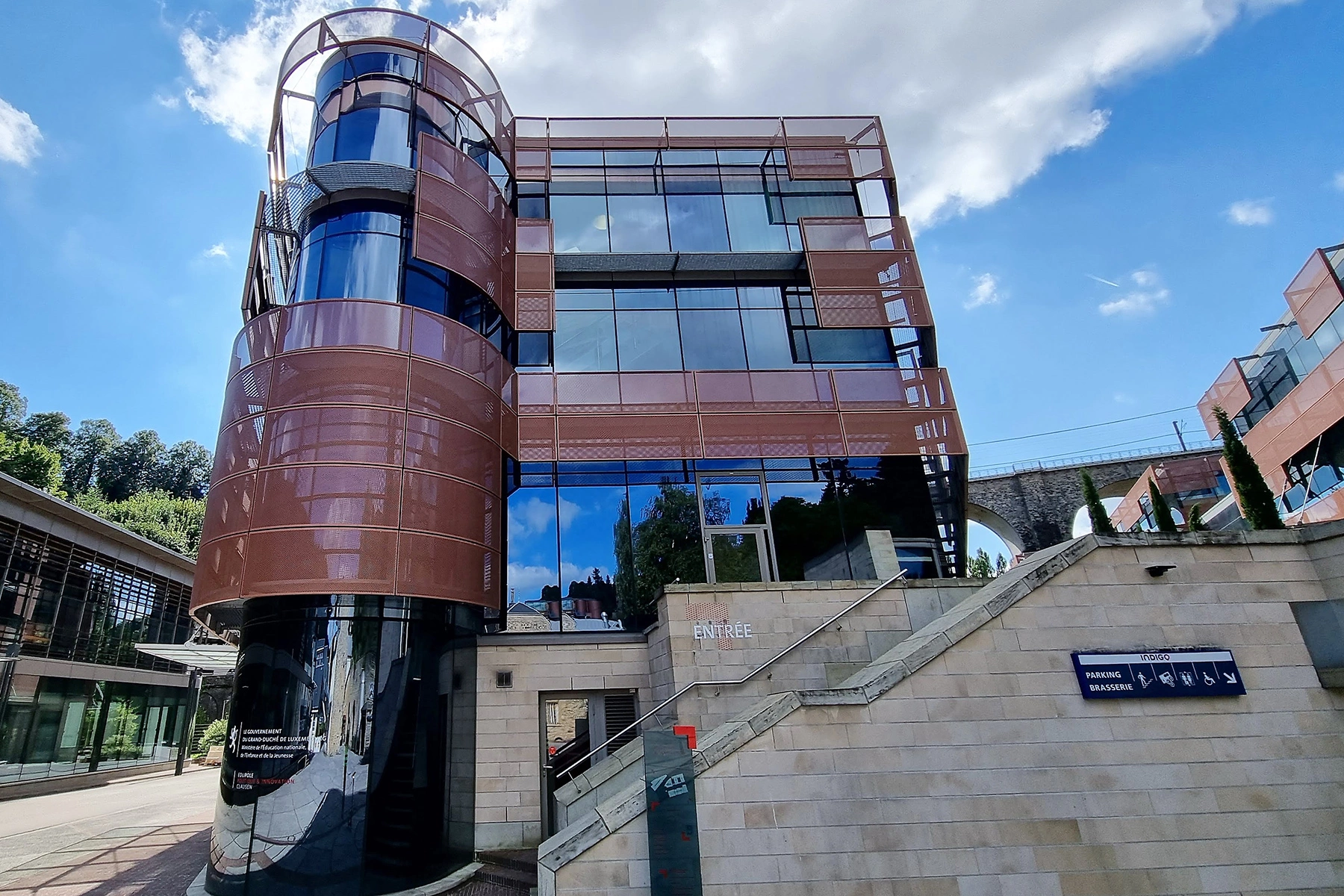
Students attend four cycles of primary school between the ages of three and 11. Those at an international school can usually continue into high school. However, public school students take the National Test (Épreuves communes) in three subjects – German, French, and math – to decide what stream to take next. They may choose to go to a traditional high school (lycée) or a technical college (lycée technique) to pursue a vocation.
Many expat children pursue globally recognized qualifications, such as the International Baccalaureate or A-Levels, at international schools in Luxembourg.
International schools in Luxembourg
International schools in Luxembourg consist of independent schools and state-subsidized private schools. While these cater primarily to the country’s expat community, many locals choose to send their children to these schools, too.
Luxembourg has different types of international schools, each offering a particular national curriculum or education system. For example, it is possible to find schools specializing in American, British, French, and German curricula, along with schools that offer a broader European education.
Students can also follow a range of programs, such as Montessori for kindergarten and the International Baccalaureate or Cambridge IGCSEs for high school. Most international schools offer schooling from kindergarten through grade 12.
Like all schools in the country, international schools often use two or more languages for instruction. Usually, these include English, French, and German, though other languages are possible. As Luxembourg is a very multilingual country, it is useful to be able to speak at least two of the official languages. To assist with this, many schools in Luxembourg, including the international ones, offer extra language classes for new arrivals.
Types of international schools in Luxembourg
As there are numerous international schools to choose from in Luxembourg, there is something suitable for any international child. Some schools pride themselves on their high standards in general education, while others focus on the national curricula of different countries. They also receive their funding in different ways – through fees or from the state.
State international primary schools
Unlike most other countries, some international primary schools in Luxembourg receive government funds. Therefore, they are often cheaper than private schools. Currently, there are five state international schools in Luxembourg:
- École Internationale Differdange & Esch-sur-Alzette (English, German, French)
- École internationale Edward Steichen-Clervaux (European-style, English, German, French)
- École internationale Mersch Anne Beffort (English and French)
- International School Michel Lucius (British-style, English language)
- Lënster Lycée International School in Junglinster (English, German, French)
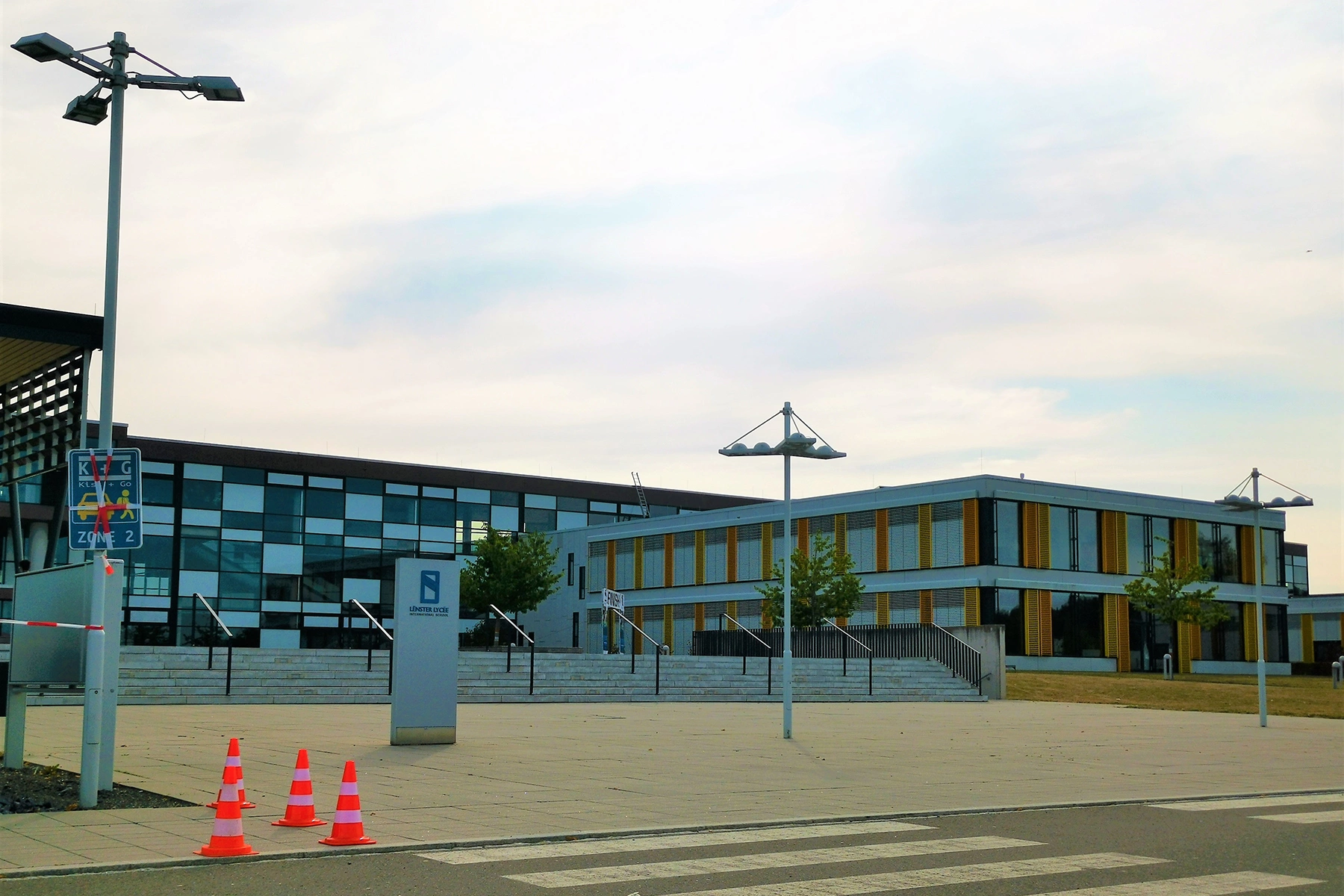
The curriculum at these schools incorporates basic maths, arts, sports, and cultural immersion to give kids a holistic education.
Multilingualism is a crucial feature at state international schools. They usually offer a combination of three official languages – French, English, and German – and often some Luxembourgish, too. This helps students gain the fluency they need in the local languages at an early age.
Because these schools receive state funding, they are free to attend. Although parents do not need to pay tuition fees, there may still be some costs for materials, trips, and other activities.
Private Primary Schools
Several private schools offer international schooling at the primary level, including:
- École Charlemagne (French)
- École Maria Montessori (French and German)
- Écoles maternelles Les Poussins et Mini Collège (French)
- École privée ND Sainte Sophie (French)
- International School of Luxembourg (English)
- Over the Rainbow International School (English)
- Saint George’s International School (English)
- Scuola Materna Cattolica Internazionale (Italian, English, French)
- Vauban (French)
The education at these schools may vary, as each one follows a national curriculum. For example, Vauban follows the French education system. However, students receive a well-rounded education emphasizing creativity and independence and preparing them for further schooling.
In addition, the language of instruction may differ, but each private primary school ensures that students take at least two languages.
The biggest difference between state and private primary international schools is the cost. While state schools are free, private schools come with a hefty price tag. For example, Over the Rainbow requires a €300 registration fee, €450 deposit, and €12,955/year tuition fee.
The International Baccalaureate (IB) in Luxembourg
The International Baccalaureate is a comprehensive education curriculum available at schools in over 143 countries. Although it is popular for its diploma program, which covers the last two years of high school, it also has primary, middle school, and career-focused options. In Luxembourg, several schools offer an international high school education through the IB Diploma.

Students undertaking this program must study six subjects over two years, covering science, maths, humanities, and languages. In addition, students must complete 50 hours each of creative, sporting, and service activities, a philosophy course called Theory of Knowledge, and a 4,000-word extended essay on a subject of their choice. Students who want to pursue the IB Diploma can do so at:
- Athénée de Luxembourg
- Fräi-ëffentlech Waldorfschoul Lëtzebuerg
- International School of Luxembourg
- Lycée de Garçons Esch
- Lycée Mathias Adam
- Lycée Technique du Centre
In general, the cost of attending an IB school is the same as for a private international high school in Luxembourg. Parents at the International School of Luxembourg, for example, can expect to pay a one-time application fee of €300, a one-time registration fee of €3,000, and annual fees of approximately €21,600 (PDF).
American international schools and Advanced Placement
American newcomers to Luxembourg often prefer to send their children to international schools that teach a US-style education. These schools provide classes in English and qualifications such as the SATs.
In addition, students can opt to take Advanced Placement classes to gain credit for American colleges. The International School of Luxembourg is a popular choice for the American curriculum, but high school students at the school can also opt for the IB.
British international schools
Thanks to the popularity of the British education system, many international schools in Luxembourg offer this curriculum. Generally, students take International General Certificates of Secondary Education (IGCSE) around 15 or 16 and can go on to study for their A-Levels.
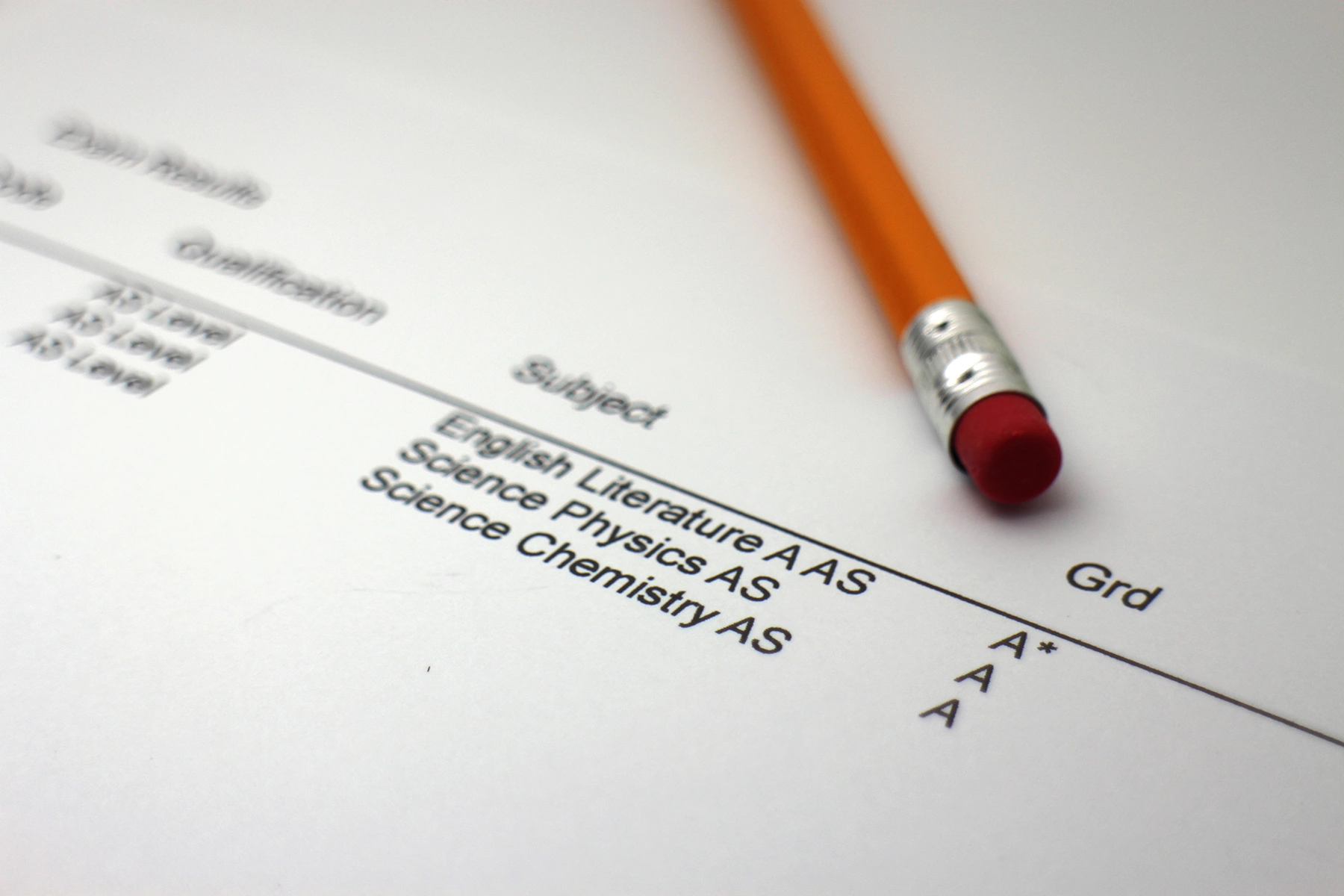
While younger students follow a broader curriculum, older students following the IGCSEs and A-Levels can specialize in particular subjects to prepare for study at a British university. Some popular British international schools in the country are:
All of the above schools use English as the language of instruction. However, students must also learn French or German.
School fees at these schools depend on the student’s grade. For example, nursery school at Saint George’s is €13,910/year (PDF), while high school is €18,350.
German international schools
Despite its proximity to Germany, Luxembourg has only one German-style international school. Students at the Deutsch-Luxemburgisches Schengen-Lyzeum combine elements of the German education system with those from Luxembourg.
Most classes are in German, and the school offers the following qualifications:
- German high school diploma (Hauptschulabschluss Deutschland – HSA) – after grade 9
- Intermediate qualification (Mittlerer Bildungsabschluss Deutschland – MBA) – after grade 10
- Academic part of the technical college entrance qualification (Schulischer Teil der Fachhochschulreife Deutschland) – after grade 11
- Higher education entrance exams and school-leavers exams – after grade 12
French international schools
While most schools in Luxembourg offer French as a language of instruction, only two have accreditation from the French Ministry of Education to offer the French curriculum. These are the Lycée Vauban and Notre Dame Sainte-Sophie. Both of these private co-ed schools offer a full French-style bilingual education, though only the first offers the French Baccalaureate.
European schools
Several international schools offer a broad-spectrum European education inspired by the curricula of countries like France and Germany. They offer well-rounded education designed for the children of European civil servants or employees of institutions like the European Commission. Generally, these schools use a combination of French, German, and English. This program is available at the following schools:
- The European School
- Lënster Lycée International School (French, English, German)
- École Internationale Edward Steichen-Clervaux (French, English, German)
- International School of Differdange & Esch-sur-Alzette (French, English, German)
- École Internationale Mersch Anne Beffort (French and English in primary; German added for secondary)
- International School of Mondorf-les-Bains (French and English in primary; German added for secondary)
- International School Gaston Thorn
Method schools
There are numerous Montessori-style international schools in Luxembourg, and one that follows the Steiner-Waldorf program. Although independent schools, they remain under the supervision of Luxembourg regions and educational laws.

The Waldorf School of Luxembourg (PDF) offers primary and secondary education. Students can begin in primary school with German as the main language of instruction, though English and French are quickly introduced. In secondary years, French is the main language of instruction. The school prioritizes imagination and creativity and centers around an individualistic, non-competitive approach. Students graduate with the International Baccalaureate diploma.
Similarly, the Maria Montessori School of Luxembourg emphasizes independence and freedom, giving students a stimulating environment to explore and direct their education. The school is bilingual French and German and has small classes.
Should you send your child to an international school in Luxembourg?
The local public, private, and international schools in Luxembourg each have advantages and disadvantages. If you’re not sure whether to send your child to a local or international school, consider the following:
- Languages: Most of Luxembourg’s schools are at least bilingual. Some international schools allow children to focus on one language.
- Integration: If you intend to stay in Luxembourg for a few years, your children might integrate better at a local school. However, Luxembourg is a small country, and an international school puts them in a more globally oriented environment.
- Moving back home: Parents who will return to their home country might find an international school more suitable, especially if one matches their home education system.
- Qualifications: The qualifications from international schools are often specific to a country’s education system, and universities worldwide accept the IB.
- School schedules: Local and international schools can have variations in daily schedules and school holidays, so think about what might suit your kids and family.
- Facilities: International schools generally offer more facilities and activities.
How to choose an international school
If you send your expat child to an international school in Luxembourg, you must decide which one is most suitable. Here are some things to think about:
- Which curriculum and qualifications are most appropriate for your children’s future
- What tuition fees your family can afford
- The distance and transport options to the school from your home
- Each school’s facilities and options
- The schools’ reputations
- The main languages of instruction and whether your children already speak them
Financial aid and scholarships for international schools in Luxembourg
Generally, state international schools in Luxembourg are free. However, private international schools in the country are expensive. Some may offer payment plans or discounts, for example, if siblings attend the same school. In addition, some schools offer full or partial scholarships depending on your income and your child’s academic achievements. Check with your chosen school to find out what’s available.
Some companies that employ internationals might also provide relocation packages, including school fees for kids. Check with your employer to see if this applies to your family.
Useful resources
- International Schooling, National Ministry of Education – government site outlining international education options
- Eurydice – overview of the Luxembourg schooling system




